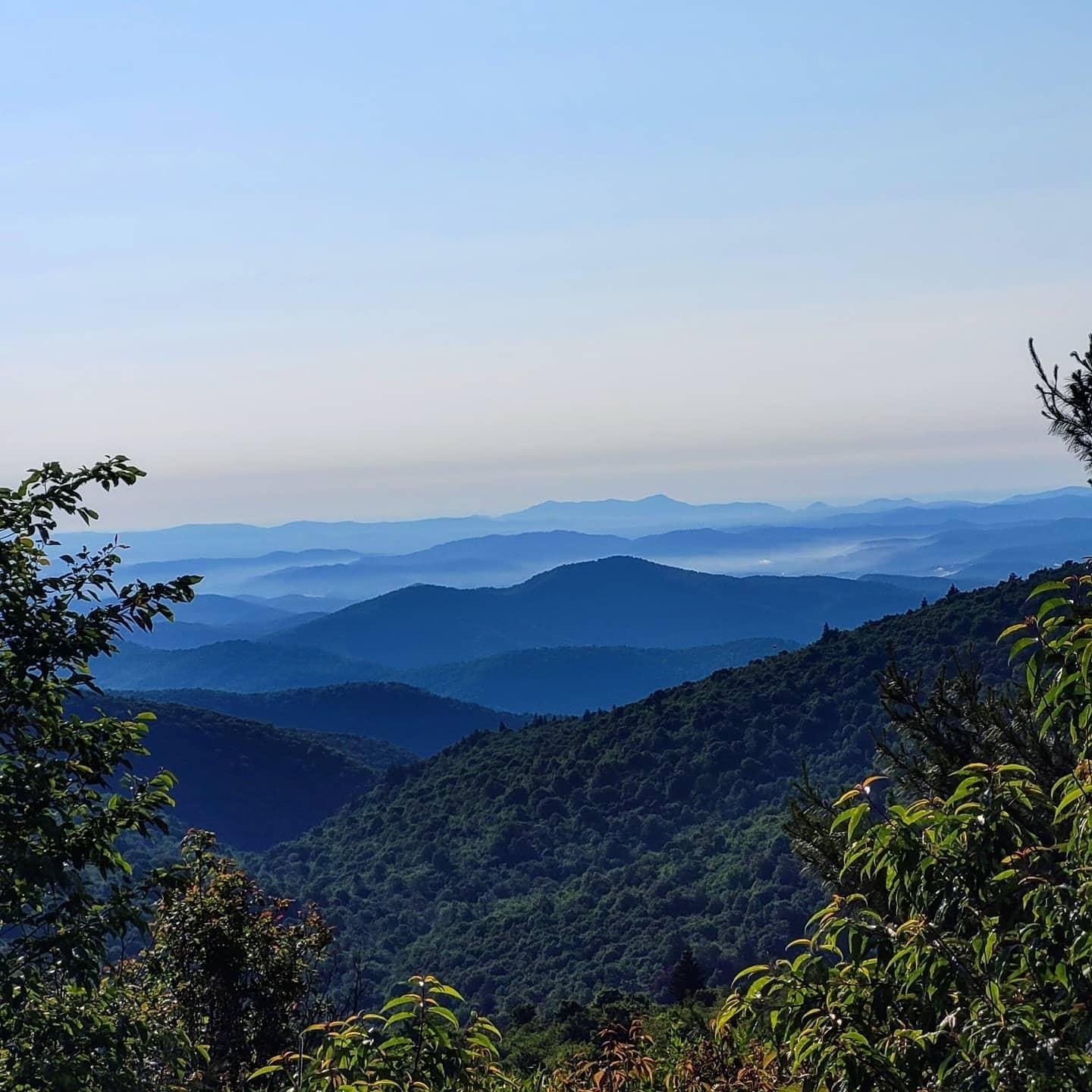Introduction
They say, “You don’t know what you got until it’s gone.” I have found this statement to be true on multiple occasions throughout my life, but these words ring truer than ever as I have found myself missing the mountains of East Tennessee the last few months. Having now spent a semester in Durham, North Carolina, I often lay down at night thinking most about home: Appalachia. While Durham is still very much a southern city, it doesn’t quite offer the same feelings of belonging and solidarity that the communities of Appalachia have my entire life. It is certainly nice to still be able to order sweet tea, but there is something about the Appalachian Mountains and the people that inhabit them that simply transcend southern hospitality.
With that being said, I am more convinced than ever that we mountain people are so often misunderstood and overlooked. So much so that we have been given our own title of “hillbillies.” I have recently been thinking a lot about this term and how it is used against us rather than for us. A quick Google search will tell you that a “hillbilly” is “an unsophisticated country person, associated originally with the remote regions of the Appalachians.” There is no doubt that the rest of the world has labelled us “unsophisticated hillbillies” under the assumption that a faster, more technologically advanced way of life is better. “Hillbilly” has always been a derogatory and insulting label, but I don’t think it has to stay that way.
My hopes are to use this column as a means of deconstructing the lies that we hillbillies have believed about ourselves and reconstruct a new narrative in which we can be proud of the communities that have formed us. Some may contend that they already have enough pride in their southern heritage. However, I have found that far too many people find their sense of self-worth and pride in the destructive lies of racism, sexism, and fundamentalism, which can only offer a false sense of self and pride. Outside of the tragedy that these fears and insecurities still exist today is the fact that we hillbillies have been labelled and defined by our fears and insecurities, rather than our love. I trust that this can change because I have been transformed by the love and compassion of “unsophisticated people” who have been labelled as “ignorant,” “bigoted,” and “slow.”
Furthermore, I think any discussion about transformative love should start with a discussion about the God who is love (1 John 4:8). Thus, I have decided to title this column “Hillbilly Theology.” Theology is important because what we believe about God ultimately determines what we believe about each other and the world. This column will have a heavy emphasis on theology and issues of faith, but I hope it is an emphasis that you do not recognize so quickly. Theological endeavors, such as writing or preaching, are so often misleading and harmful because they create images of God that are too abstract, unfamiliar, and out-of-touch. I am not saying that I believe in a God that is in any way comprehensible to the human mind, but I do think that a God willing to take on human flesh has already made a statement about theologies that are too lofty and “spiritual.”
The hillbilly in “Hillbilly Theology” is meant to bring us back down to earth, where we find a vulnerable baby lying in a manger and a poor carpenter hanging from a cross. Consequently, this is not just a column about faith and “spiritual” matters, as some would have us believe is the “good news” of the Gospel. We should note that Jesus began his public ministry by proclaiming, “The Spirit of the Lord is upon me, because he has anointed me to bring good news to the poor. He has sent me to proclaim release to the captives and recovery of sight to the blind, to let the oppressed go free, to proclaim the year of the Lord’s favor” (Luke 4:18-19). This wasn’t some declaration about helping people say a “sinner’s prayer” so they could go to Heaven. This was a proclamation about bringing Heaven to earth (Matthew 6:10). Jesus desired that justice be brought to the poor, imprisoned, widowed, orphaned, and estranged, which make up a significant population of those dwelling with us in the mountains.
Therefore, this column will be used to explore the intersection of faith, politics, and culture as it pertains to the South, particularly Appalachia. I hope you will find “Hillbilly Theology” to be provocative, challenging, and most of all, fruitful in your relationship with Jesus Christ. My prayer is that you will find this column drawing you out of the shores of certainty into the waters of true faith where God’s love changes us most. Please join me in this journey by sending any questions or topics regarding church, politics, culture, or all the above you would like me to address to the email below.[1]
[1] Please send all topical questions, comments, or concerns to hillbillytheology@gmail.com.


